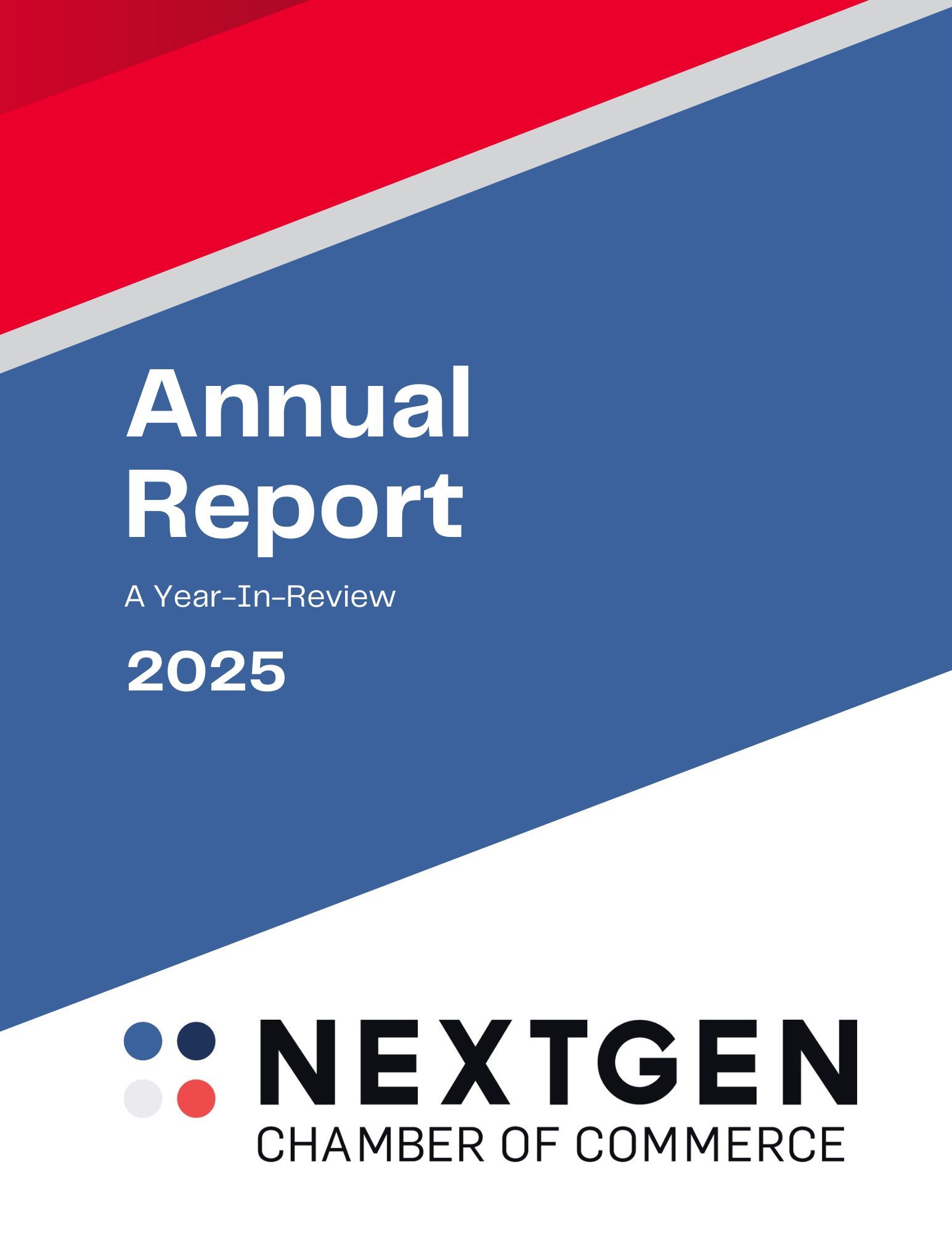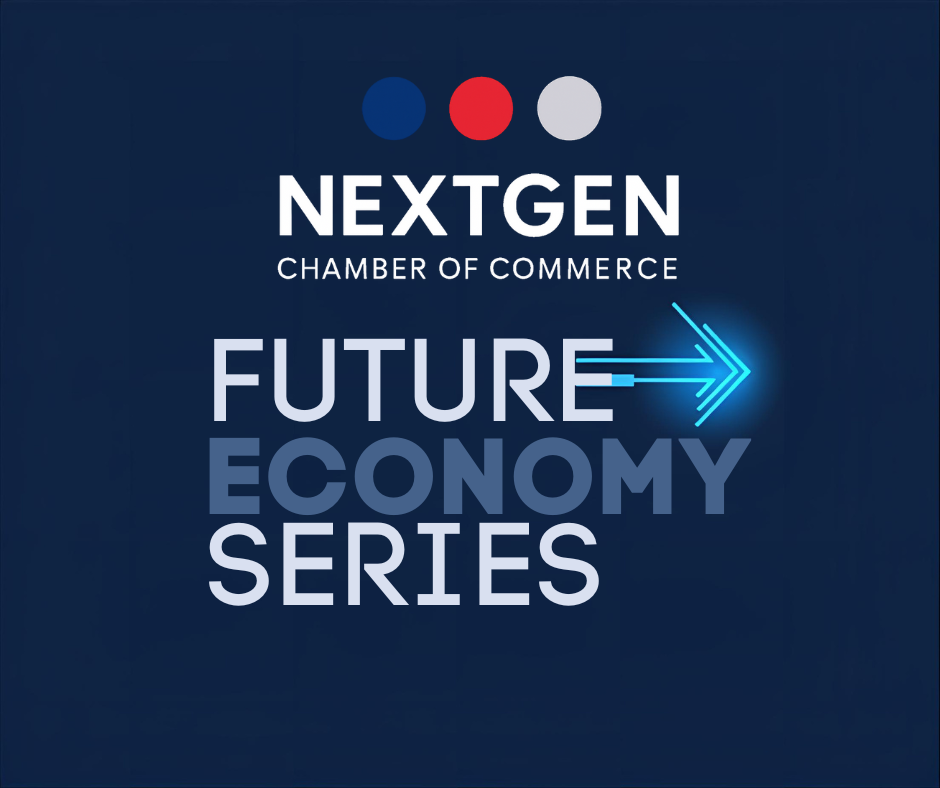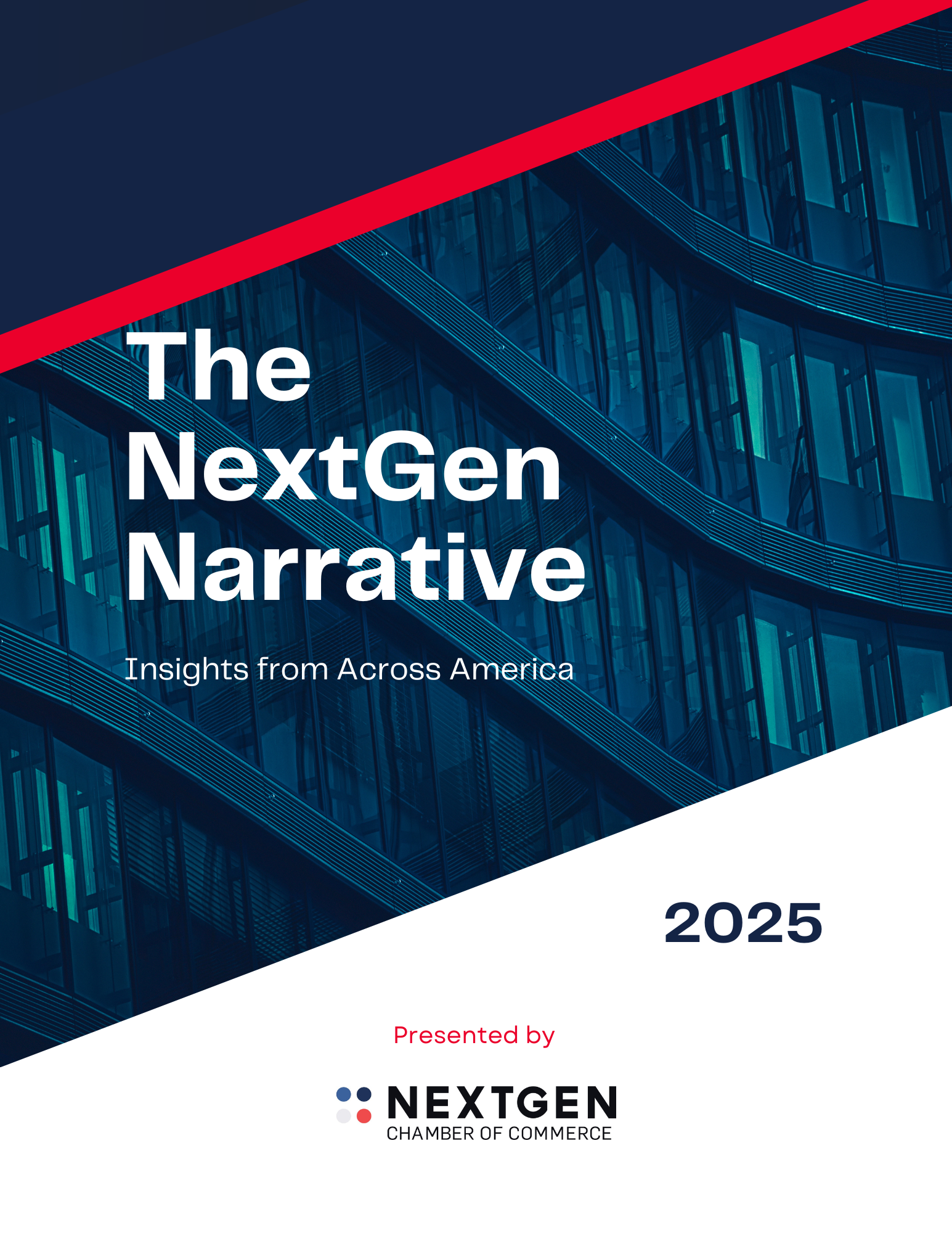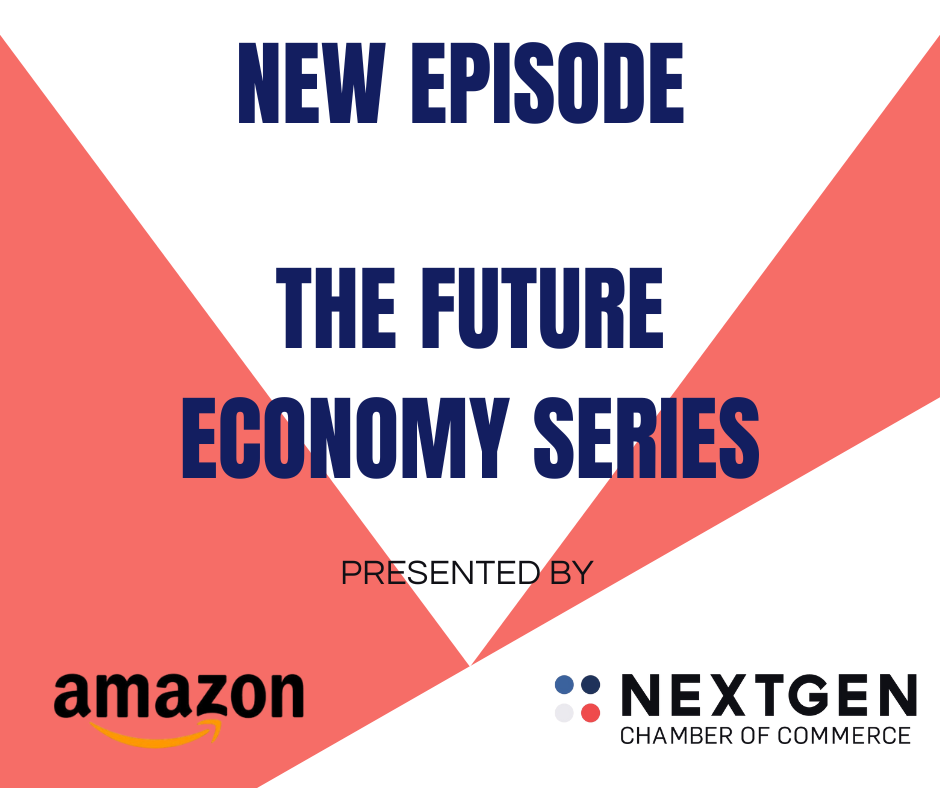Blog & News
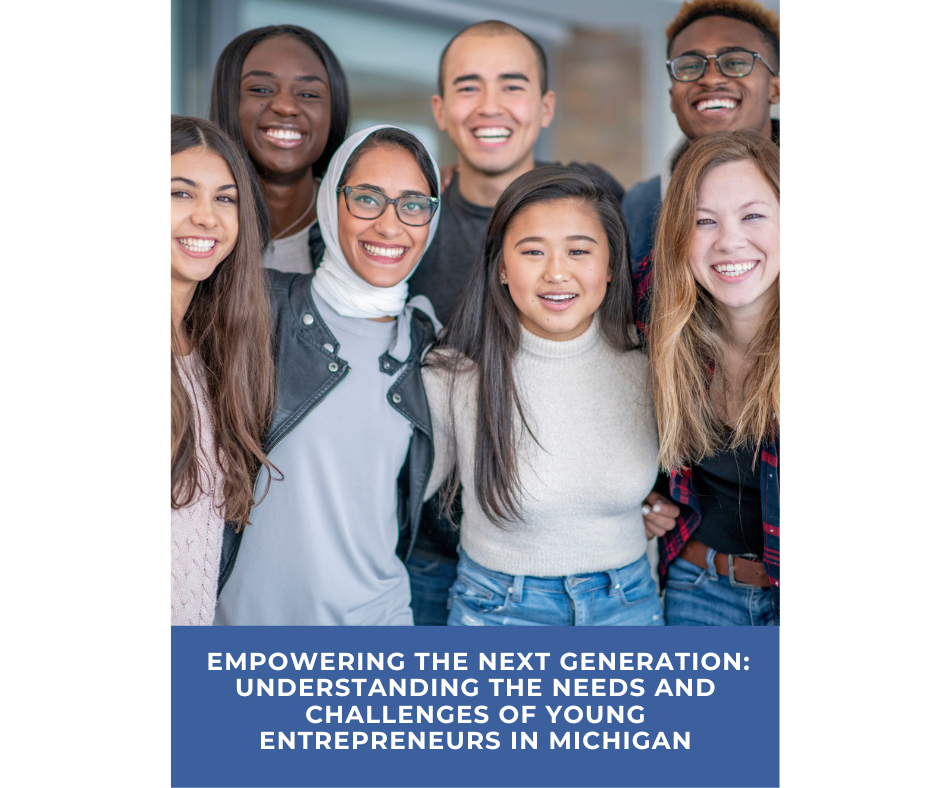
We are excited to announce the release of our Youth Entrepreneurship White Paper , the culmination of our Flint project and a broader effort to center youth entrepreneurship in Michigan’s economic future. Why This Matters Michigan’s next generation of business leaders are key to building resilient, inclusive, and innovative local economies. Through the Flint project, we engaged directly with young entrepreneurs, community stakeholders, and partners to better understand both the opportunities and barriers facing youth as they launch and grow businesses. This white paper captures those insights and outlines pathways to ensure that Michigan continues to invest in its future leaders. What’s Inside The white paper explores: Youth Voices in Action – Stories and perspectives from emerging entrepreneurs in Flint and across Michigan. Opportunities for Growth – Strategies to strengthen entrepreneurial ecosystems, expand access to capital, and build networks of mentorship and support. Digital & Civic Infrastructure – How technology and civic engagement can empower youth-led enterprises. Policy & Practice Recommendations – Action steps for state and local leaders, investors, and community-based organizations to help young entrepreneurs thrive. Looking Ahead The Youth Entrepreneurship White Paper is more than a report—it’s a roadmap for building a stronger and more inclusive economy in Michigan. By centering the experiences of young people, we can create an environment where entrepreneurial talent is not only recognized, but nurtured and supported. Download the White Paper Here We invite you to explore the findings, share them with your networks, and join us in ensuring Michigan’s youth are positioned to lead in the economy of tomorrow.

The NextGen Chamber of Commerce is proud to launch the Future Economy Webisode Series , presented by Amazon — a forward-looking digital series exploring the trends, innovations, and ideas that are shaping the economy of tomorrow. In a rapidly shifting business landscape, this series offers a front-row seat to insights from leading voices in tech, commerce, workforce development, and policy. Each episode dives into a different sector of the evolving economy and how emerging leaders can stay ahead of the curve — or reshape it entirely. We are thrilled to kick off the series with a powerful conversation on “The Role of E-Commerce in the Future Economy” featuring Joyce Rallanka , Director of NA Seller Success at Amazon. Joyce shares how e-commerce platforms are transforming how small businesses start, grow, and scale — and what the future holds for digital marketplaces, logistics, and consumer engagement. From AI-driven fulfillment to equitable access for emerging sellers, Episode One offers a timely and relevant exploration of the economic opportunities (and challenges) created by a digital-first economy. Join us as we chart a course through the trends shaping tomorrow — and empower the next generation of business leaders to thrive in the future economy. 👉 Watch Episode One now and subscribe to stay updated on upcoming episodes featuring leaders across finance, tech, sustainability, and public policy.


